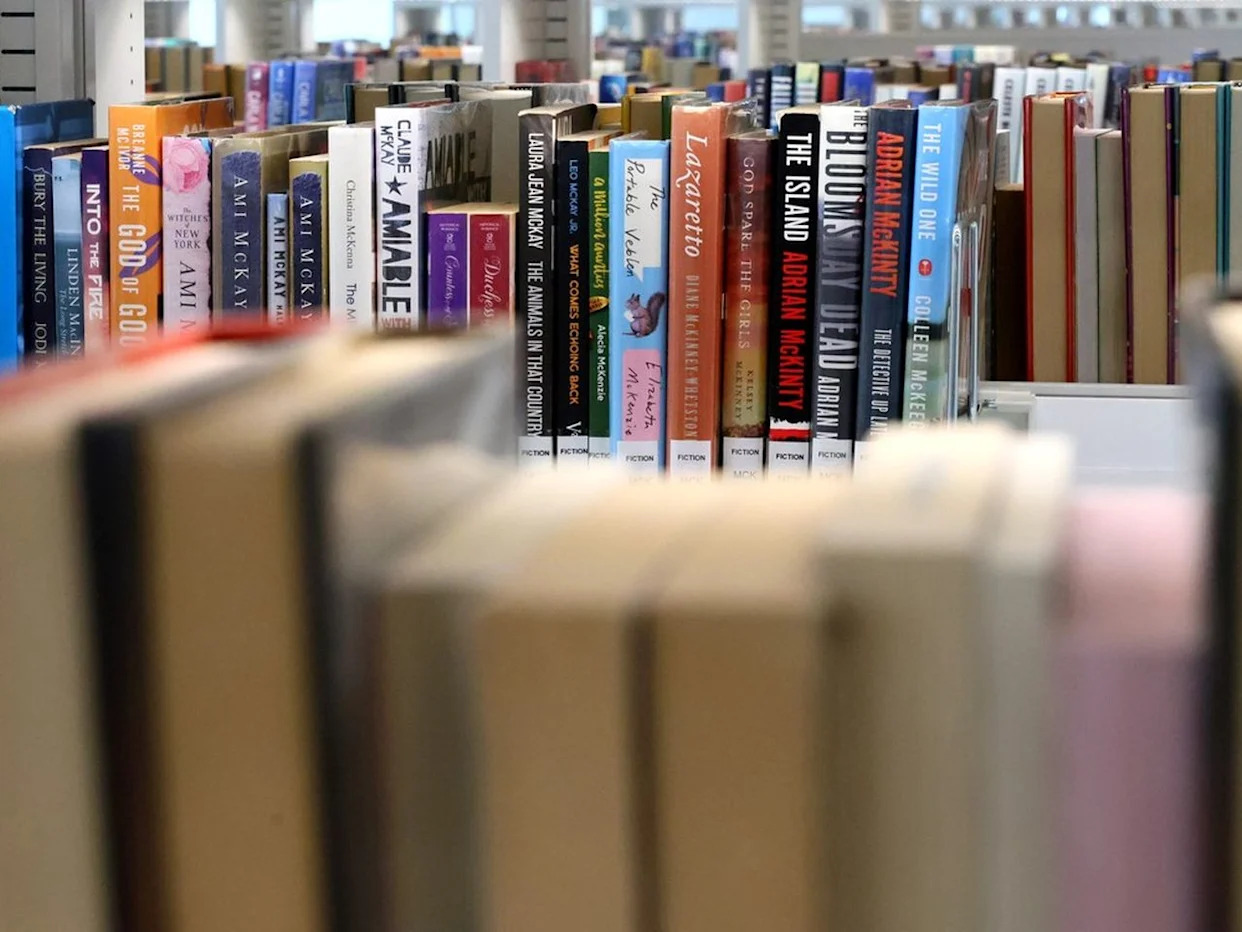Education
Alberta Government Revises School Book Ban Amid Controversy

The Alberta government has revised its controversial school book ban, a move that follows widespread criticism both locally and internationally. The updated policy, issued under the direction of Education Minister Demetrios Nicolaides, now permits written depictions of explicit sexual content in school materials while maintaining a ban on graphic visual representations. This change comes after the initial order faced backlash for potentially censoring significant literary works.
The revised ministerial order, announced on September 8, 2023, coincided with World Literacy Day, though the government did not explicitly acknowledge the occasion. The new guidelines remove restrictions on written content, allowing novels, poetry, and classical literature that contain written explicit content to remain accessible to students. This marks a shift from the earlier policy that sought to eliminate all forms of explicit content, potentially barring notable works like Margaret Atwood‘s *The Handmaid’s Tale* and stories by Alice Munro, a Nobel Prize-winning author.
Nicolaides emphasized that the government aims to protect children from highly explicit visual images found in some graphic novels. “The revised order will ensure that classic literary works remain in school libraries, while materials with explicit visual depictions of sexual acts do not end up in the hands of children,” he stated. Despite the alteration, the policy retains its ban on visual depictions of explicit sexual acts across all grade levels.
Critics argue that this shift highlights the government’s earlier misjudgment regarding the scope of the issue. The initial approach prompted an outcry, leading to claims that the UCP was responding to an inflated problem primarily driven by a vocal segment of its base. The decision to reverse course has been interpreted by some as a reaction to the international scrutiny that followed the original ban, although Nicolaides denied these claims, stating it was merely a “misunderstanding” of the government’s intent.
In a somewhat unusual communication strategy, Nicolaides spoke during a telephone conference, which limited public access to a video of his remarks. This choice has raised questions about transparency in the government’s handling of the situation, leaving many to wonder whether the administration is willing to take responsibility for the initial missteps.
While the government has reiterated its commitment to protecting students from inappropriate materials, the ongoing debate around censorship in education continues to provoke strong opinions on all sides. As Alberta navigates these complex issues, the implications for schools, educators, and students remain significant, shaping the future landscape of educational content access in the province.
As the situation develops, it will be crucial to monitor how these changes affect educational practices and the broader discourse surrounding freedom of expression in schools.
-

 Science2 months ago
Science2 months agoToyoake City Proposes Daily Two-Hour Smartphone Use Limit
-

 Health2 months ago
Health2 months agoB.C. Review Reveals Urgent Need for Rare-Disease Drug Reforms
-

 Top Stories2 months ago
Top Stories2 months agoPedestrian Fatally Injured in Esquimalt Collision on August 14
-

 Technology2 months ago
Technology2 months agoDark Adventure Game “Bye Sweet Carole” Set for October Release
-

 World2 months ago
World2 months agoJimmy Lai’s Defense Challenges Charges Under National Security Law
-

 Technology2 months ago
Technology2 months agoKonami Revives Iconic Metal Gear Solid Delta Ahead of Release
-

 Technology2 months ago
Technology2 months agoSnapmaker U1 Color 3D Printer Redefines Speed and Sustainability
-

 Technology2 months ago
Technology2 months agoAION Folding Knife: Redefining EDC Design with Premium Materials
-

 Technology2 months ago
Technology2 months agoSolve Today’s Wordle Challenge: Hints and Answer for August 19
-

 Business2 months ago
Business2 months agoGordon Murray Automotive Unveils S1 LM and Le Mans GTR at Monterey
-

 Lifestyle2 months ago
Lifestyle2 months agoVictoria’s Pop-Up Shop Shines Light on B.C.’s Wolf Cull
-

 Technology2 months ago
Technology2 months agoApple Expands Self-Service Repair Program to Canada









